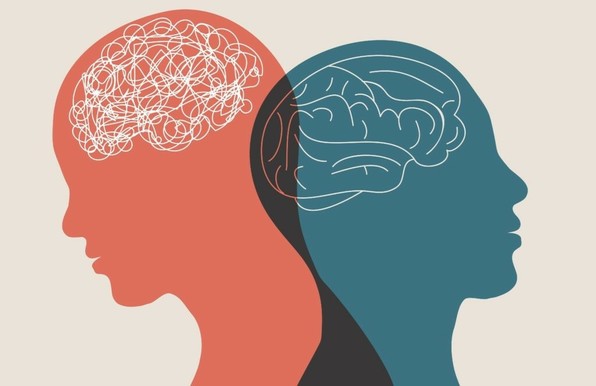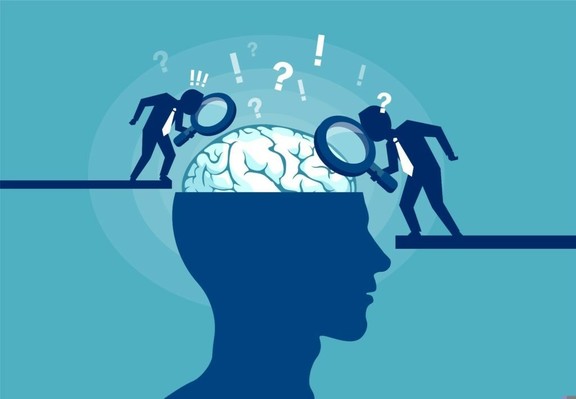Are our brains being rewired by the constant flood of digital input? Between dopamine loops on social media, non-stop notifications, and relentless info streams, ADHD-like symptoms—poor focus, impulsivity, and emotional reactivity—are everywhere. It makes me wonder: are our devices fundamentally reshaping cognitive function, or can we adapt to this pace without compromising mental health? Personally, I’m starting to think our brains might be reaching a limit.
From a neuroscience perspective, our brains evolved for a very different reality—a slow, steady flow of sensory information that allowed for deep focus and mental rest. Today, though, we’re in a state of near-constant stimulation, with each notification or social media update triggering dopamine hits that reinforce the behaviour, creating a loop that erodes our attention span and even our self-regulation.
Then add in chronic stress, which overstimulates the amygdala, our brain’s emotional centre. This can impair the prefrontal cortex—the area responsible for planning, rational thought, and regulating emotions. Over time, this rewiring makes people more emotionally reactive, less able to plan ahead, and more impulsive in everyday situations.
Even factors like poor diet and lack of exercise play into this, destabilising the neurotransmitter and blood sugar levels we need for focus, memory, and emotional stability. It all leads to the patterns of stress, poor focus, and cognitive overload that so many seem to be facing today.
Can our brains adapt, or do we need to rethink how we’re using technology? What are your thoughts on the impact of our digital lives on mental health?






